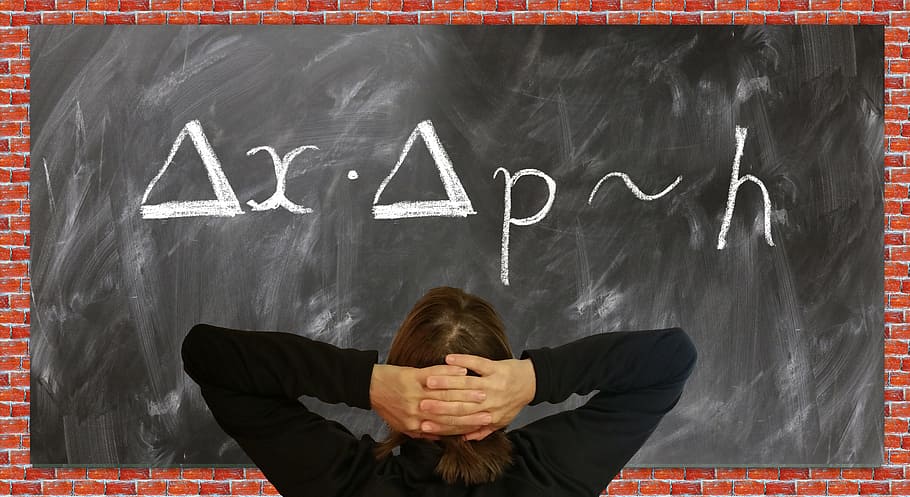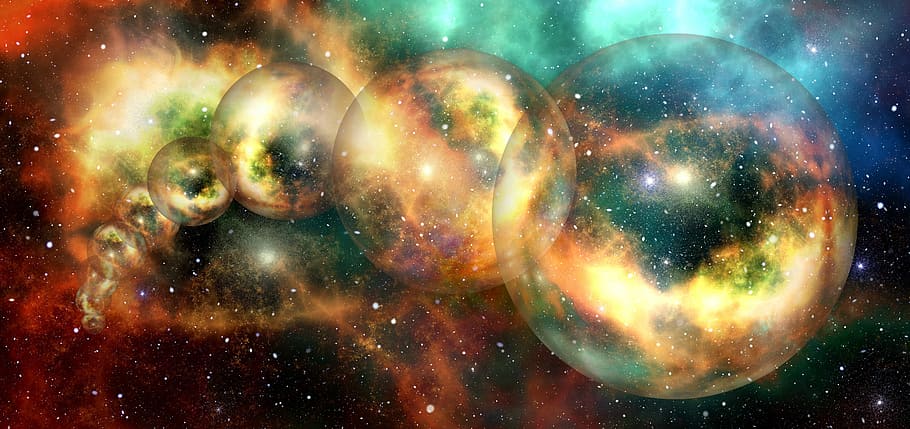This course aims to provide students with a comprehensive understanding of the fascinating world of quantum mechanics, starting with a brief overview of classical physics. The course will explore the revolutionary ideas of Max Planck, who introduced the concept of quantization, which challenged the traditional view of continuous energy and matter.
The course will then delve into the quantum view of the atom, which laid the foundation for the development of quantum mechanics. Students will learn about the Heisenberg uncertainty principle, which fundamentally changed our understanding of the nature of matter and energy, and the limits of our ability to measure them accurately.
The course will then focus on the even stranger world of quantum mechanics, where probability wave functions and the concept of parallel universes will be introduced. Students will learn how these concepts are fundamental to the theory of quantum mechanics, and how they challenge our traditional understanding of reality.
Throughout the course, the interplay between philosophy, culture, and physics will be explored. Students will learn about the historical context of quantum mechanics, and how it has come to influence so much of popular thought. They will also gain an understanding of how quantum mechanics has given rise to new philosophical and cultural ideas, and how these ideas continue to shape our understanding of the world.
Overall, this course offers students an opportunity to explore one of the most fascinating and fundamental areas of physics, and to gain an appreciation for the profound implications of quantum mechanics for our understanding of the universe and our place in it.
| Program | Grades | Location | Start Date | End Date | Price Options | Register |
|---|---|---|---|---|---|---|
| Quantum Mechanics 9th - 12th | 9 - 12 | Online | Jul 6, 2026 | Jul 10, 2026 | Enroll | |
| Quantum Mechanics 9th - 12th | 9 - 12 | Stanford University | Jul 19, 2026 | Jul 25, 2026 | Enroll |
Price Options for Quantum Mechanics 9th - 12th
| Day Camp | $1,095 |
Price Options for Quantum Mechanics 9th - 12th
| Extended Day Camp | $2,985 |
| Overnight Camp | $3,495 |
For Summer 2025 only the online section of this course is open for registration.
Students will be live with their instructor via Zoom in a fully synchronous course.
| Click Here to View Sample ON-CAMPUS Schedule | Click Here to View Sample ONLINE Schedule |
Education Unlimited believes in small-group, immersive learning with subject matter experts and experienced teachers. We strive to provide industry-leading instruction to all of our students and hold all staff to the highest possible standards.
Micol Chirstopher, PhD - Instructor
Dr. Micol Christopher received his undergraduate degree in Physics and Astronomy/Astrophysics at Harvard University where he graduated Summa Cum Laude. He subsequently completed a Ph.D. program in Astrophysics at the California Institute of Technology (Caltech) where his research focused on analyzing young star clusters both around the black hole at the center of our galaxy and in the colliding galaxy system known as the Antennae. Even from his time at Harvard, Micol knew that teaching was his true passion, so after Caltech, he began teaching Astronomy at Mt. San Antonio College, a two-year college in Walnut, California. He has been a tenured full-time professor there since 2006 and has taught introductory astronomy and astronomy lab classes to well over 2000 students. Micol also created online versions of both the introductory astronomy class and the astronomy lab class and has been teaching some classes online each semester since 2014. Micol absolutely loves teaching and the opportunity to share the passion that he has for astronomy and learning with all of his students. In his spare time, Micol enjoys outings and adventures with his young son, taking hikes in the Southern California mountains, traveling, and experiencing foods from all cultures.


